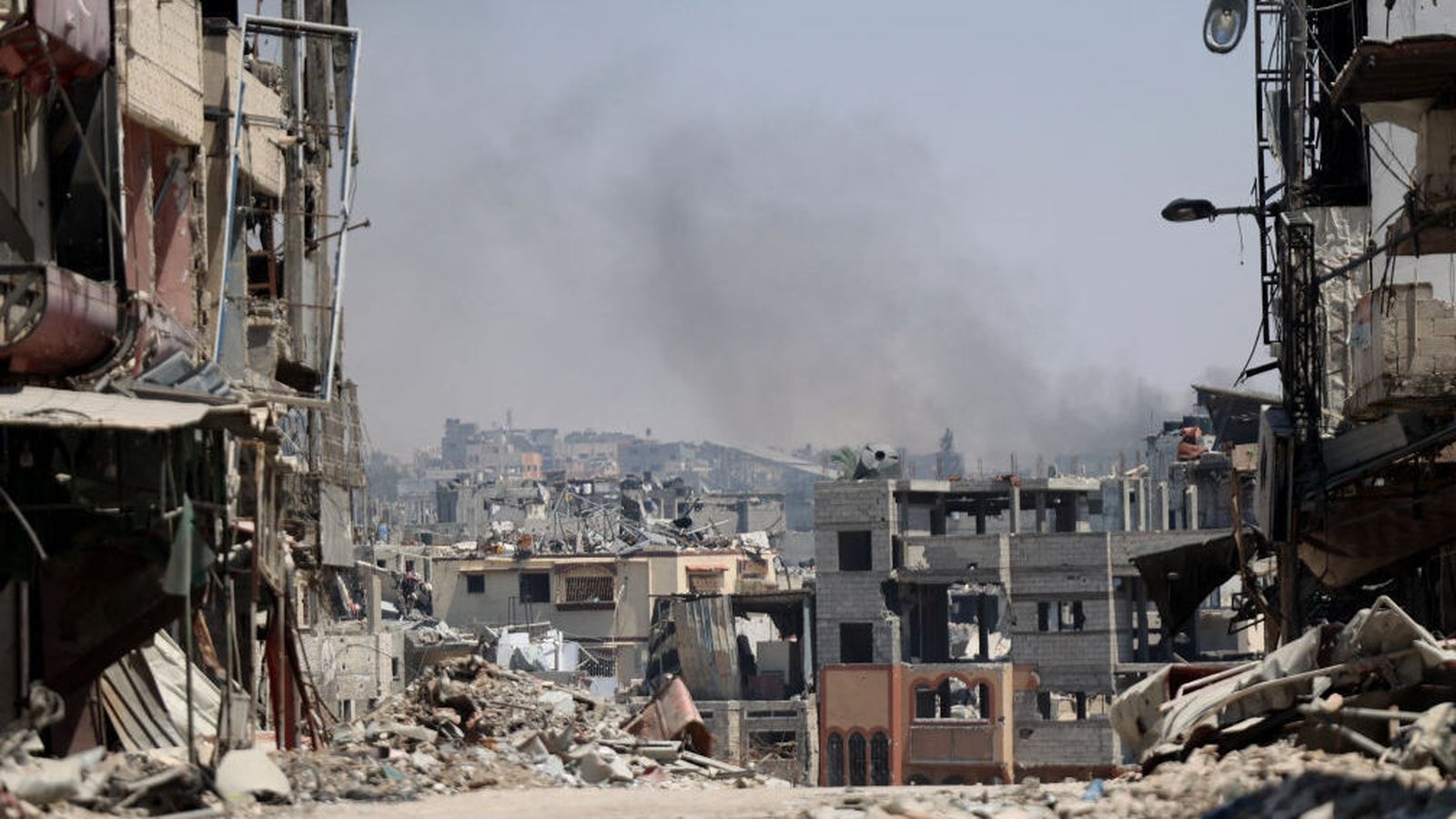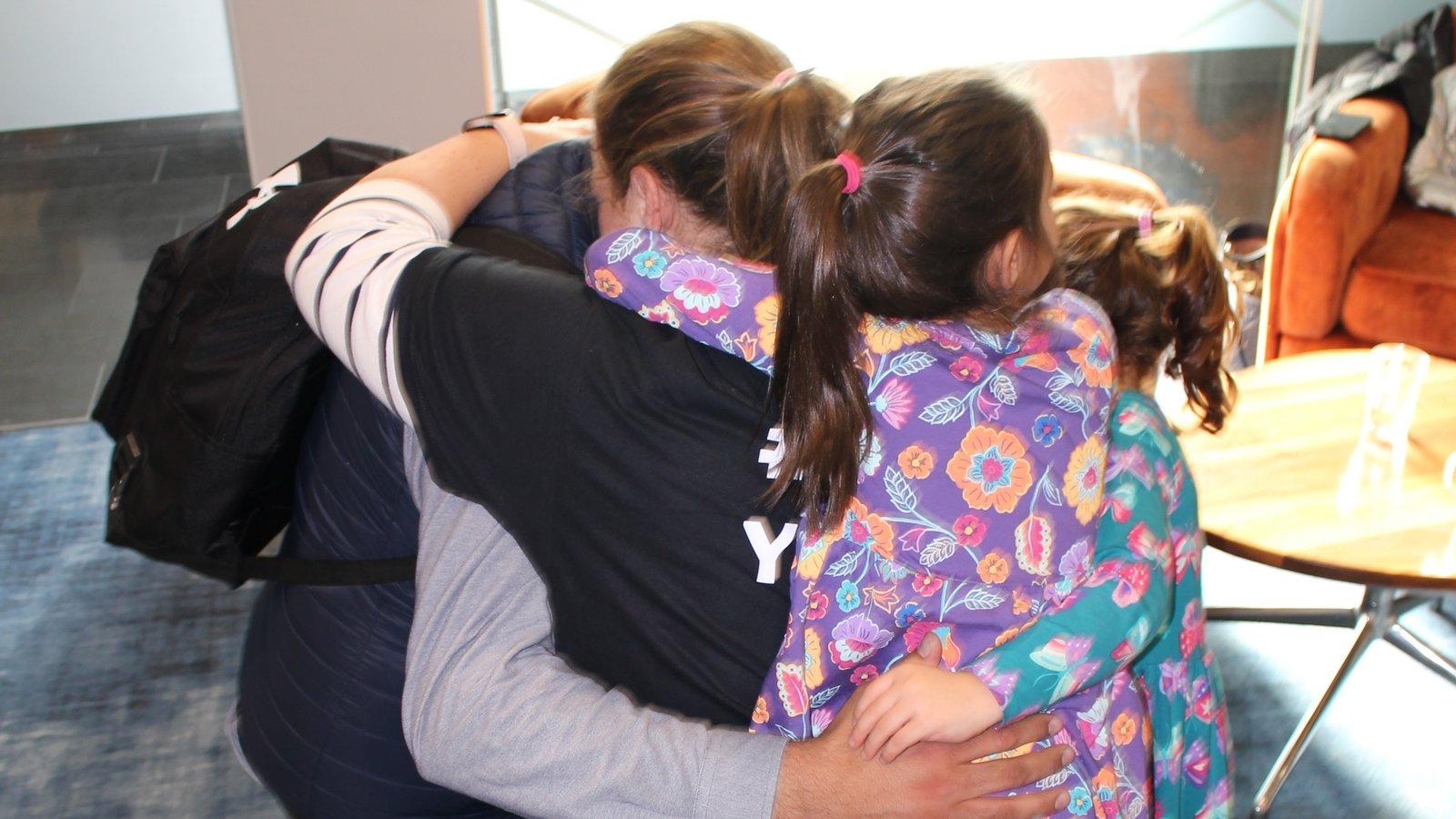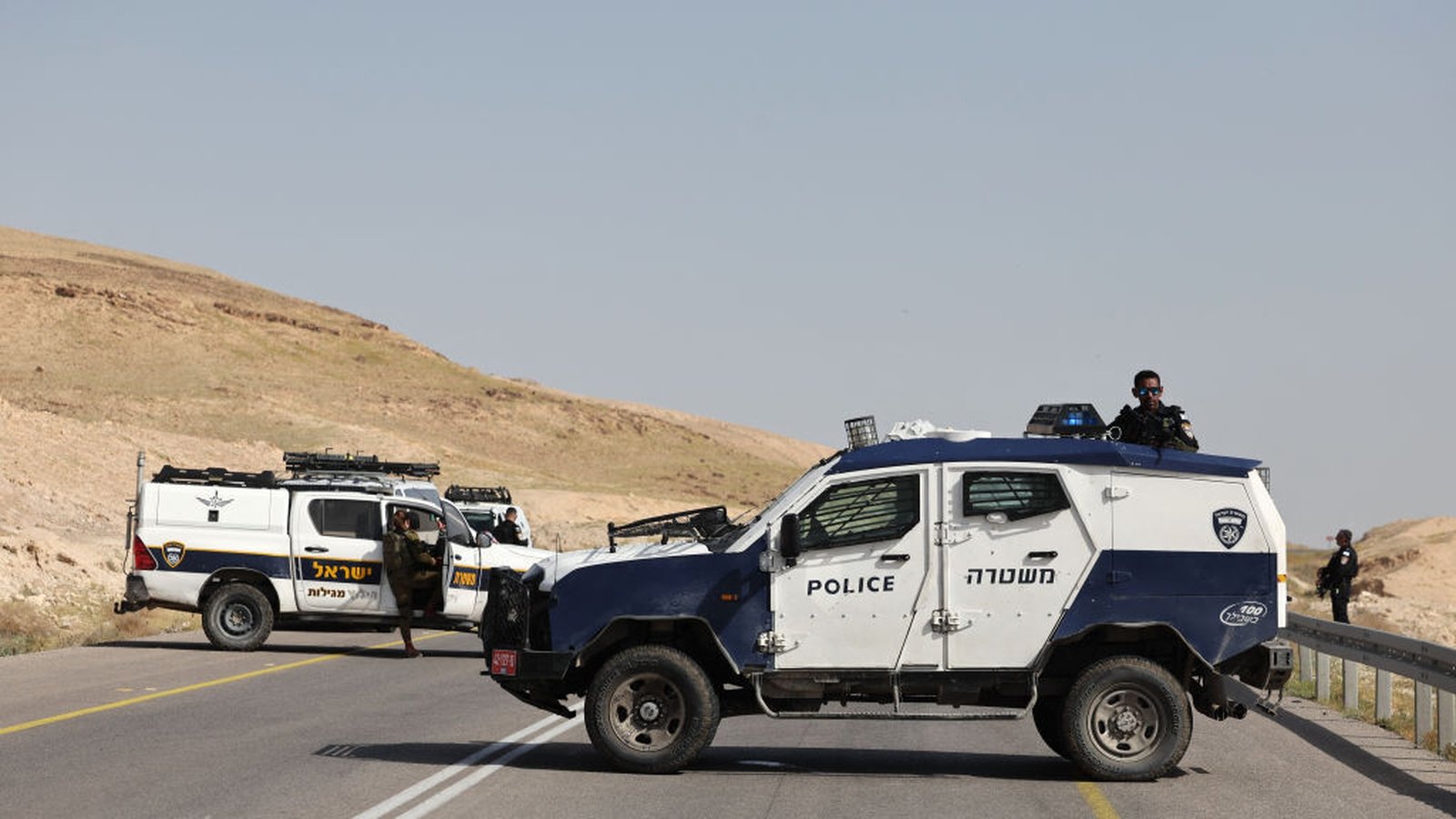Children in Gaza eat animal feed amid food shortages
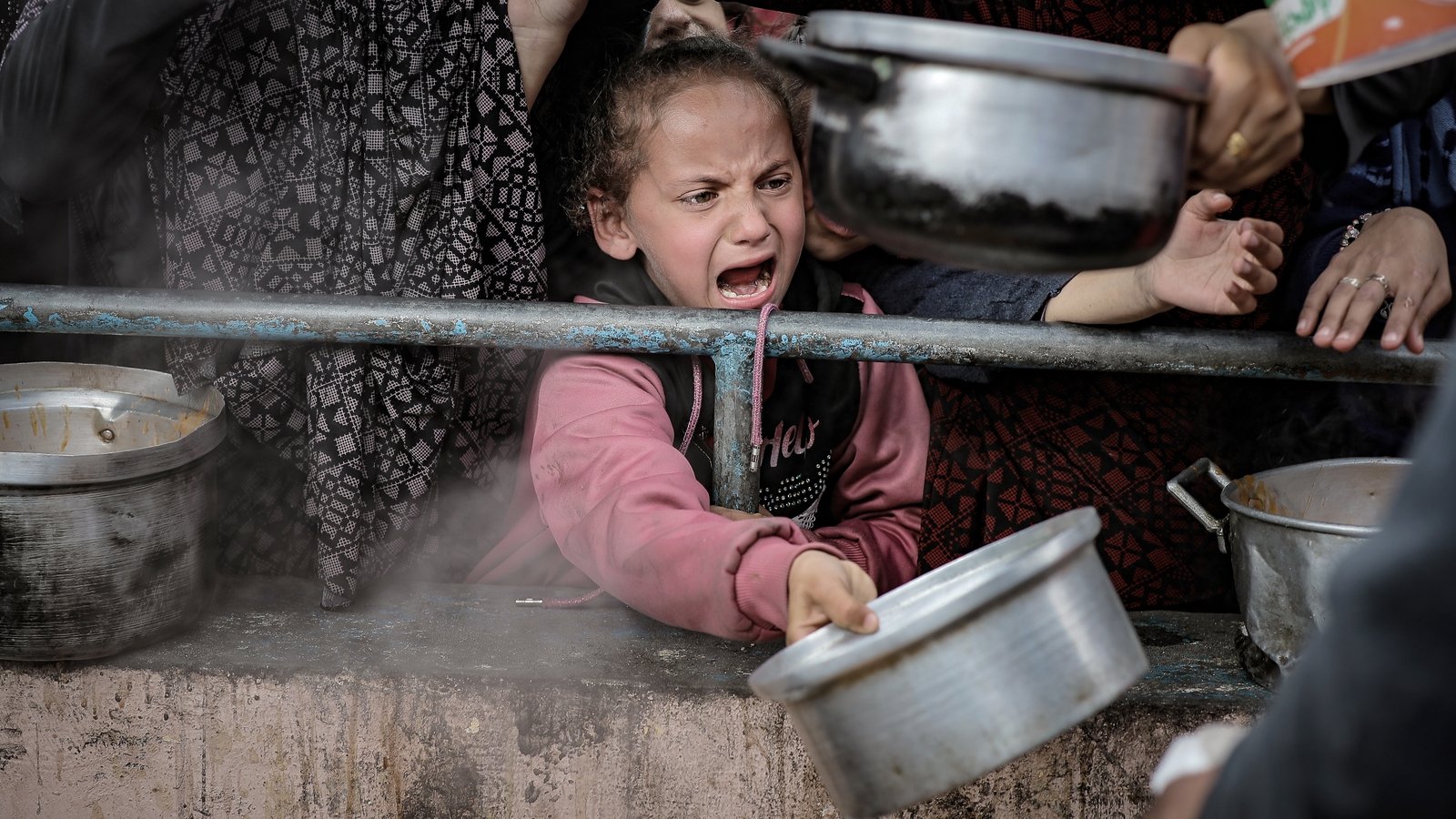
The first words two-and-a-half year old Samir said this morning were: “Mama, I’d like to eat a red apple”.
He won’t get one, his mother says. There is little fresh food in Gaza.
“The first thing he told me in the morning is that he needs to eat an apple,” his mother, Kholoud Jwefil says recounting an earlier exchange with her young son.
She explains Samir has not had an apple, not to mind fresh fruit and vegetables, for a few weeks. Fresh food is in short supply. There is little available and what can be bought is prohibitively expensive.
The phone line is crackling, as Kholoud talks and the signal fails on occasion, but she details with great clarity the challenges facing her as a mother in the war-torn enclave of Gaza.
“There is very little fresh food here. We eat tinned food mostly,” she says.
Kholoud Jwefil now lives with 30 relatives – her husband, son and extended family – cramped in one house. The family escaped from Gaza City after their home was destroyed in the early weeks of the war.
“Everything in Gaza nowadays is heartbreaking. My home is totally destroyed. It’s heartbreaking,” she says.
Everyone has lost weight because food is scarce, says Kholoud.
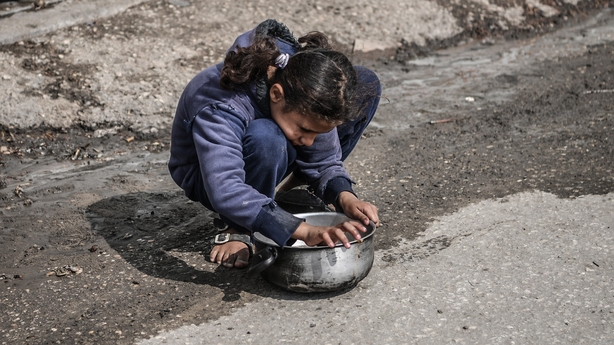
She has dropped eight kilos and her small son Samir is now three to four kilos lighter than before the war.
The other adults living with her have all lost significant amounts of weight.
“All of my family members have lost approximately five to ten kilos,” she says.
Other members of her family who remain in Gaza City in the north have resorted to eating animal feed because there is nothing else available.
“They text me daily. The only thing that they could afford today for their children, and their family, is animal feed. They cook it in some way and they try to convince their children that this is their lunch for today,” she says.
The United Nations has warned famine is inevitable in Gaza. Already it says children are dying from the lack of proper food.
“Hunger has reached catastrophic levels,” Jamie McGoldrick, the UN’s Humanitarian Coordinator for the Occupied Palestinian Territory says.
“Children are dying from hunger,” he says via videolink, as media reports indicate that at least 20 children have succumbed to starvation in the besieged and bombarded enclave, including most recently a 14-day-old baby.
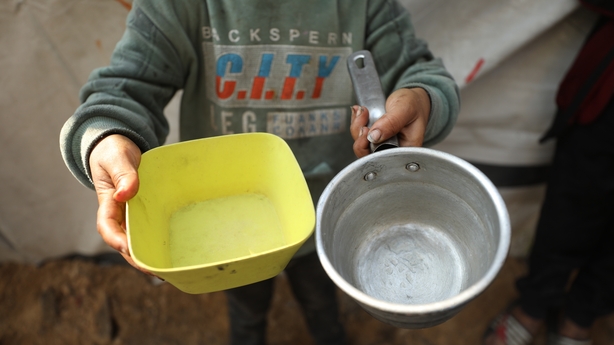
Kholoud Jwefil, who is Economic Justice Programme Support Officer with Oxfam in Gaza, says the territory is facing famine.
“Famine is really near. Gaza now is really at risk of famine. If you are not killed by hunger then you are going to be killed by bombs. This is really unacceptable,” she says.
Kholoudl says women have been deeply impacted by the war.
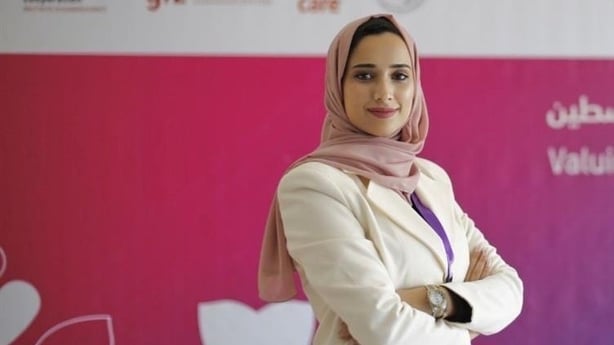
“The big challenge for women is the increased the burden on women. They always pay the highest price of any conflict or any war around the world,” she says.
That view is supported by her colleague Haya Abdulhadi, Gender Justice Programme Officer with Oxfam in Gaza.
The UN has said similar.
The main conclusion of a report in to the “gendered impact of the crisis in Gaza” concludes that the Gaza crisis is impacting women and girls at unprecedented levels with loss of life and catastrophic levels of humanitarian needs.
“70% of people killed in Gaza are today estimated to be women and children, including two mothers per hour killed since the beginning of the crisis,” the UN Women report published earlier this year concludes.
There are several challenges faced by women, such as the lack of privacy, the lack of sanitary pads.
Haya Abdulhadi says if you want to talk about pregnant women, and the issue of not being able to access the reproductive healthcare services – it is a real problem.
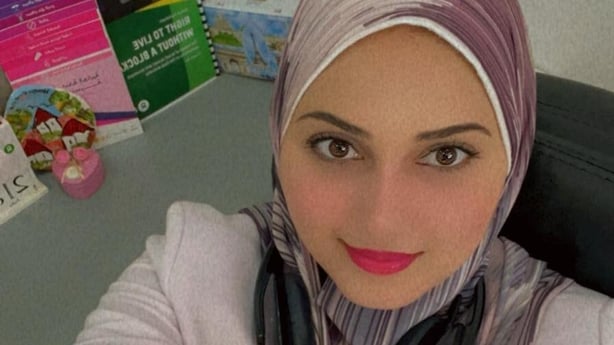
For those pregnant women, it’s really important to have regular appointments with the doctors – for the mom’s health and the baby’s health. But this is not the case in Gaza, she says.
Haya says she has talked to several women who told her: “We are now very terrified. We are really afraid to give birth in a tent or on the street or not being able to be provided with the proper healthcare provision at the right time.”

